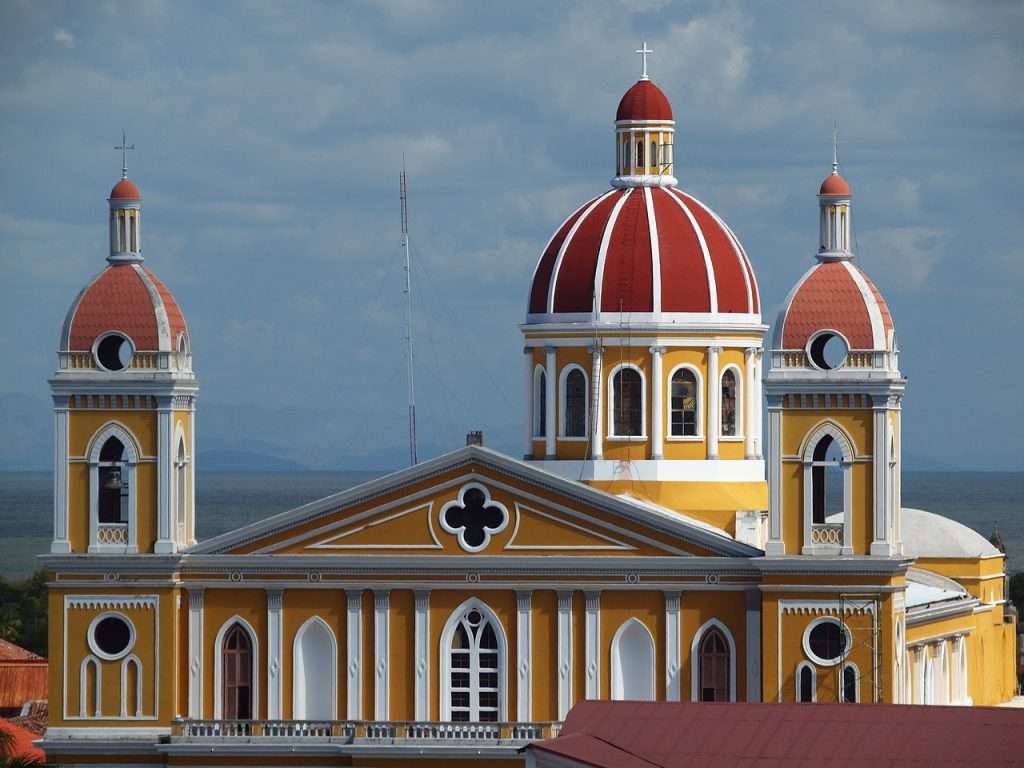If you are thinking of moving to Nicaragua, it is important that you know the types of residency that exist and the requirements you must meet to obtain them. In this article, we will explain everything you need to know about this topic.
Types of Residency in Nicaragua
Nicaragua offers four types of residency to foreigners who wish to live in the country:
- Temporary residency: it is the one granted for a period of one or two years, renewable, to foreigners who have an economic, professional, labor, family, or study activity in the country. For example, investors, workers, students, retirees, pensioners, spouses or children of Nicaraguans, etc.
- Permanent residence: This is granted for an indefinite period of time to foreigners who have temporarily resided in the country for at least four consecutive years and who comply with the requirements established by law. Foreigners married to Nicaraguans or with children born in Nicaragua may also opt for this residency, as long as they can demonstrate effective and continuous cohabitation.
- Special Residence: It is granted for humanitarian reasons, of national interest, or convenience for the State to foreigners who do not qualify for the other types of residence. For example, refugees, asylum seekers, stateless persons, victims of human trafficking, etc.
- Residency by naturalization: This is granted to foreigners who have acquired Nicaraguan nationality by naturalization and who renounce their nationality of origin. To apply for naturalization it is required to have resided legally in the country for at least five years and to comply with other legal requirements.
Requirements to obtain residency in Nicaragua
The requirements to obtain residency in Nicaragua vary according to the type of residency requested, but in general, the following documentation must be presented:
- Valid passport and copy
- Medical certificate issued in Nicaragua
- Certificate of criminal record issued in the country of origin or previous residence
- Birth or marriage certificate, as the case may be
- Two passport-size photos
- Proof of payment of immigration fees
- Residency application form duly completed and signed
- Application letter addressed to the Director General of Migration and Alien Affairs
- Documents proving the reason or condition for applying for residency, depending on the type of residency being applied for. For example, employment contracts, certificates of studies, investment certificates, retirement or pension certificates, Nicaraguan marriage or birth certificates, etc.
It is important to note that all documents must be legalized or apostilled by the competent authorities of the issuing country and translated into Spanish by an official translator in Nicaragua (unless they have already been translated and the translation has passed the corresponding authentication and apostille process in the country of origin).
The process to obtain residency in Nicaragua can take between three and six months, depending on the type of residency and the fulfillment of the requirements. Once the residency is obtained, a resident card must be requested, which has a validity equal to the period of residency granted.
Benefits of obtaining residency in Nicaragua
Obtaining residency in Nicaragua has several benefits for foreigners who wish to live in this country. Among them we can mention:
- Access to public and private services in the country, such as health, education, transportation, communications, etc.
- Exercise an economic, professional, or labor activity legally in the country
- Open bank accounts and carry out financial transactions
- Acquire movable and immovable property
- Travel freely within the national territory and leave and enter the country without restrictions
- Apply for Nicaraguan nationality after fulfilling the legal requirements.
Regarding the last point listed, it is important to emphasize that residency does not confer the right to use a Nicaraguan passport, but it lays the groundwork for subsequent application for nationality under the terms established by law. Foreigners legally residing in the country are strictly prohibited from becoming involved in domestic political activities.
Nicaragua is a country with many opportunities and advantages for foreigners who want to settle in it. However, in order to do so it is necessary to obtain the legal residency corresponding to the type and condition of each person. In this article, we have explained the types of residency that exist and the requirements you must fulfill to obtain them. We hope this information will be useful and will help you to realize your life project in Nicaragua.

